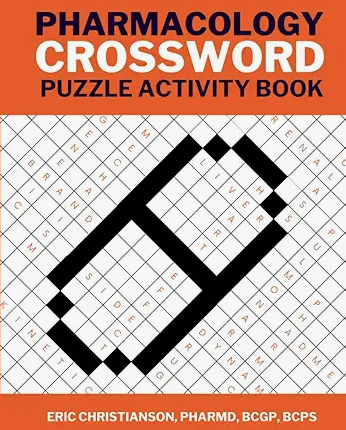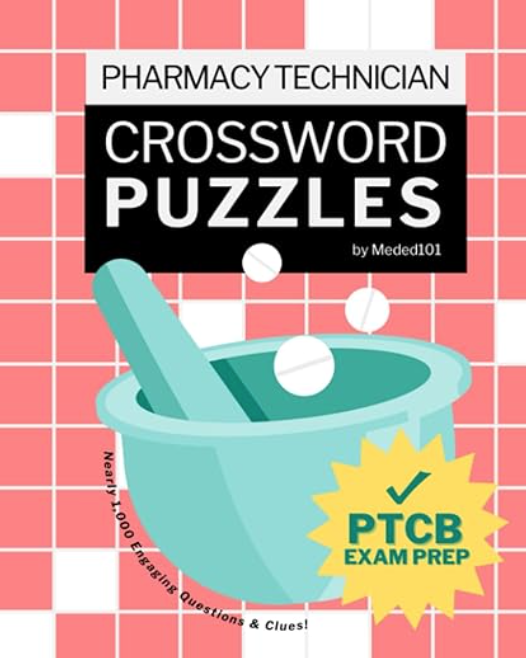An 89-year-old female has a history of hypertension, atrial fibrillation, stroke, GERD, osteoporosis, and osteoarthritis. Her current medication list includes the following:
- Amlodipine (podcast) 5 mg daily
- Rivaroxaban (podcast) 20 mg daily
- Clonidine (podcast) 0.2 mg BID
- Omeprazole (podcast) 20 mg in the morning
- Famotidine (podcast) 20 mg in the evening
- Alendronate (podcast) 70 mg once weekly
- Vitamin D 2,000 units once daily
- Acetaminophen (podcast) 500 mg twice daily
- Ibuprofen (podcast) 400 mg TID PRN
With a history of atrial fibrillation, stroke, and hypertension, this patient should be on anticoagulation. I do have concerns with rivaroxaban. The Beers criteria don’t prefer rivaroxaban unless there are concerns with patient adherence (i.e. if the patient cannot do twice daily apixaban). Here’s what the Beers criteria state about rivaroxaban: “Avoid use due to increased risk of major bleeding for long-term treatment of nonvalvular atrial fibrillation or VTE.” It is certainly possible that this patient has tried and failed off of apixaban but this warrants investigation.
Another concern I have in this situation is clonidine. This is an older, central-acting alpha agonist that is well known to not be tolerated very well in the elderly. It appears that we would have many alternatives available as well (as long as the patient doesn’t have allergies. An ACEI, ARB, diuretic, or increasing the amlodipine would all be reasonable options to manage this patient’s hypertension compared to using clonidine. The Beers criteria state this about clonidine: “High risk of adverse CNS effects; may cause bradycardia and orthostatic hypotension; not recommended as routine treatment for hypertension.”
The final concern I have on this medication list is the use of ibuprofen. NSAIDs are well known to increase the risk of GI bleeding and in a patient taking an anticoagulant, I’d do everything in my power to try to get them off this medication or at least minimize its use.
What else would you like to look at in this case?
- 30 medication mistakes PDF
- 18+ Page Drug Interaction PDF
- 10 Commandments of Polypharmacy Webinar based on my experiences in clinical practice









I would also be concerned about the length of therapy of the Alendronate.
At 89 years of age, there is a good possibility that she has been on this for well over 10 years…. time to reassess.
Great comment Jim, thanks!
It’s also worth investigating the severity of her GERD and whether combination PPI+H2RA is necessary, especially given that the PPI dose is only 20 mg per day. At least one medication could likely be discontinued.
Great comments on the PPI/H2 combo – definitely should be assessed!
As you nentioned the antihypertensive seems inadequate as she has stroke history, she shoukd be in ACEI +Thiazide.
We should try to discontinue PPI if possible, as shouldn’t be for chronic use, specially when osteoporosis.
Sbe doesn’t seens to be taking calcium either, so if not CI, I wioll suggest to add
.
Hi! What about the use of famotidine and omeprazol? Is it really necessary? What do literature states about using both?
Are you not concerned that she’s taking both a PPI and H2 antagonist? This could also affect the bioavailability and effectiveness of the bisphosphonate, alendronate.
We do not know the patient’s BP and HR. Since has AF, I would want to use a drug that slows VR: could switch amlodipine to diltiazem once daily dose based on local formulary. If BP is low enough, would stop clonidine for reasons listed. Being an OLD drug is not relevant. Being tolerated is relevant. If not depressed or having sedation, clonidine is the same as other antihypertensive drugs. Using HCTZ instead does offer a potential benefit for osteoporosis.
Agree with reassessing need for omeprazole and famotidine. Could DC omeprazole and possibly use famotidine PRN. It is also possible to use intermittent PPI if significant GERD.
Need to know how often ibuprofen is used. If very infrequently, I would not DC